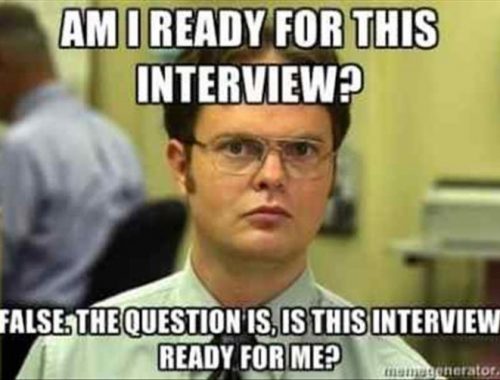ERROR: Proceed with Caution.
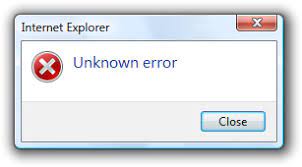
Please use buttons below to navigate the site.
Description
WHAT HAPPENED?
I found the charity Hourglass, which is the only UK Charity solely dedicated to supporting and preventing the abuse and exploitation of older people, they offered a true insight into the functioning of a third sector.
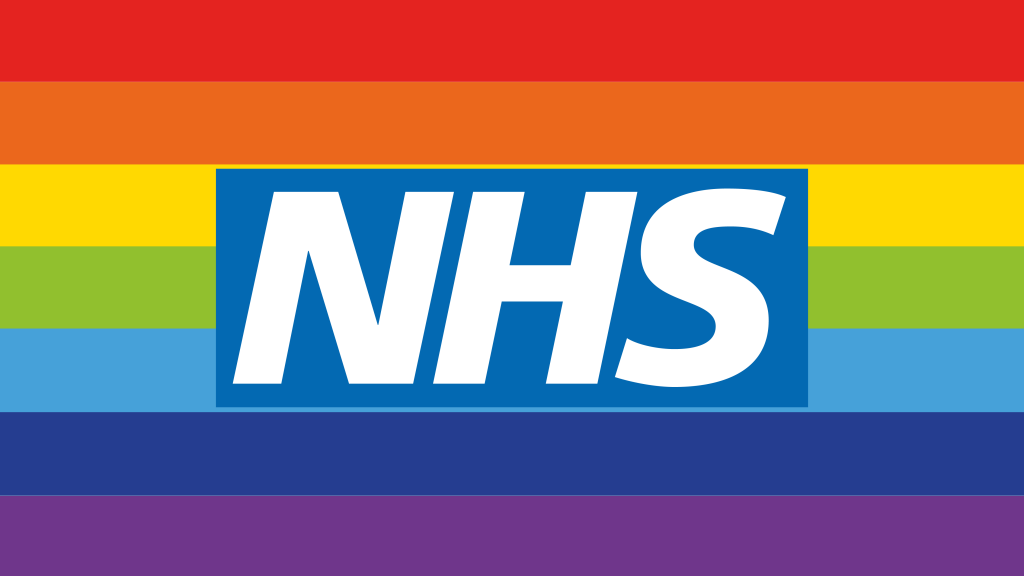
Asked someone with my dream job for advice. He suggested:
- Seek positions that border the healthcare sector to gain understanding and how they collaborate.
- Consider which problems related to health strategy
- Decided on third party organisations supporting the elderly – given the UK’s ageing population.
The charities main goals are:
- Generate research which will influence getting Adult Safeguarding Bill passed through the NI Assembly
- Working with sectors and providers to raise awareness surrounding hidden abuse of elderly
- Advocating for better research around issues affecting older people.
One of my responsibilities as a research assistant was sourcing information for Hourglass’ current campaign, the ‘Safer Ageing Index’. The process of which is as follows:

It was as I began to input my data into a template pre-designed by colleagues that I realised there was an error in the format. There was an inconsistency with the data between England and Scotland. The sources I had been directed to displayed English sites with data for those 65 and older who had a series of health conditions, and the Scottish data was for over 60’s. This posed a major issue as it meant that all the data collected up until that point had been incorrect and was unusable.
Feelings
WHAT WERE YOU THINKING AND FEELING?
I was extremely NERVOUS that by highlighting this issue as such a new member of the team (after only two weeks there) it would make me disliked by my other colleagues.
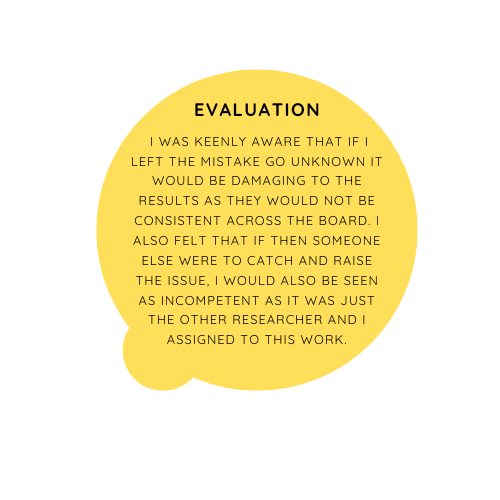
I was also APPREHENSIVE to raise the mistake at all, in case it was me that had missed something that would explain this choice. This made me feel INSECURE about my own knowledge, and I was left second guessing myself: enter IMPOSTER SYNDROME. With an arts degree, although I am confident with sifting through evidence and catching the tiniest of errors (which did assist me here) you do not deal with any maths or data based information. With no practise since school, I was extremely reserved about pointing out something I wasn’t overly confident with myself.
Evaluation
WHAT WAS GOOD AND BAD ABOUT THE EXPERIENCE?
This data task, I felt, was the most impactful in terms of my professional development. I was working independently from the start and then confidently communicate my findings to team members during first meetings and most importantly, it presented me with my first professional problem. Through this it helped me to demonstrate that I was thorough and competent to my colleagues. This gave me a real insight into the importance of clear communication and how vital it is to prepare properly to ensure consistency within data to produce proper results. Other pros of the experience were:
- An opportunity to work with data – missing from my CV
- An insight into workplace politics and relationships
- Increased trust in team – saw a safe space to raise concerns
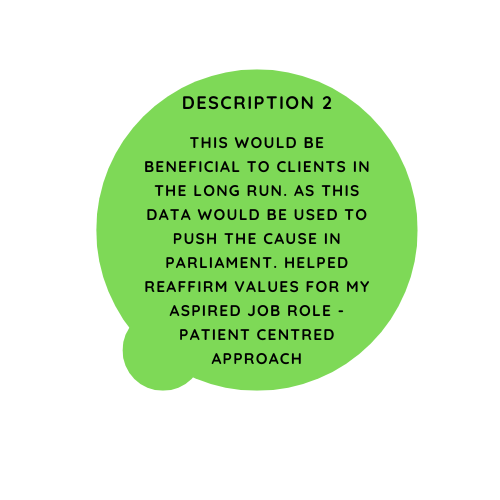

I really deliberated on who and when to raise what I had found. I decided in the end to discuss this with my supervisor and team member on a zoom call, but as it was virtually it was difficult to naturally insert my concerns into conversation. I was aware that ‘informal interactions are often regarded as more important’ (Schaufeli, 2014), but over a screen with buffered connections, this is almost impossible to do. It ended up being something I had to raise at the end of the call, which I then felt made it look like I had been sitting on an agenda.
Description2
WHAT OTHER SENSE CAN YOU MAKE OF IT?
It also made me re-evaluate the kind of workplace I wish to go into. Third sector organisations, much like the NHS, are strained for resources and are forced to cut corners in certain areas. Sometimes this means that staff are doing jobs they are not necessarily trained in. Working in these conditions mean that it is possible to pick up these errors and vulnerabilities, which could then affect future career prospects if you chose to try and transition into a more corporate environment.
As a young woman in entering the workplace where there has been ‘little erosion of the male dominance’ (Kreps and Clark, 1975) it is intimidating to speak up and contradict a colleague. Especially when your colleagues are more experienced, sometimes you can put too much trust into that these things must have been considered, but this is not always the case. In fact, in my circumstance, after a slightly tense grilling about why I thought the data was wrong from my colleague, the finding was extremely warmly received. Because of the strain on their resources an extra pair of hands and eyes saved them time in the long term, that would been needed to repeat all the counties.
Conclusion
WHAT ELSE COULD YOU HAVE DONE?
With hindsight ‘even more transformative than you think’ (Burkeman, 2014) it is easy to look back and overanalyse your every move at a new job.
Here were some other routes I could have taken:

Action Plan
WHAT WOULD YOU DO IF THE SITUATION AROSE AGAIN?
I would take my same approach of calling attention to peoples mistakes ‘indirectly’ (Carnegie, 2006) – I did ask through an open question if this was definitely the data they wanted, and then brought up the mistake in it. But, if possible next time, I would do this in person where body language can be assessed more easily.
To these ends I would also try and implement a little more ‘tact’ (Carnegie, 2006) in my timing. The ending of a meeting felt my confidence and my line of questioning lose conviction. I would reassure myself that companies hire you for your input and value ‘upward problem solving forms of involvement’ (Bingham, 199) from their employees. In future I will have some more courage in my conviction.
Works Cited
Bingham, C. (2016). Employment Relations: Fairness and Trust in the Workplace. London: Sage Publications, pp 199. Print.
Burkeman, Oliver. (2014). This column will change your life: hindsight – it’s not just for past events, The Guardian. [Online]. Retrieved from: https://www.theguardian.com/lifeandstyle/2014/may/10/hindsight-in-advance-premortem-this-column-change-life
Carnegie, D. (2006). How to Win Friends and Influence People. UK: Vermillion, pp 211-220. Print.
Clark, R and Kreps, J. (1975). SEX, AGE, AND WORK: The Changing Composition of the Labour Force. Baltimore and London: The John Hopkins University Press, pp. 2-5 Print.
Hourglass Safer Ageing (2020). How Hourglass Helps?. [online video]. [Accessed 02.04.2023] Available at: https://www.youtube.com/watch?v=V2oTdKN2acs.
Schaufeli. W (2014). “What is engagement?”. Employee Engagement: Theory and Practice edited by K Truss et al. Abingdon: Routledge, pp 15-35. Print.
Schön, D A. (1995). The Reflective Practitioner: How Professionals Think in Action. England: Ashgate, pp 131-239. Print.
Thornalley, C. (2021). “An Introduction to Reflective Writing Resources for Further Study”. [online]. NHS Brighton and Sussex Library and Knowledge Service. [Accessed 01.04.2023]. Available from: https://www.bsuh.nhs.uk/library/wp-content/uploads/sites/8/2021/11/reflective_writing_resource_list_2021.pdf.
Editing My Time
You May Also Like

The World of Theatre upon Reflection
30 November 2022
Challenge Accepted Sir!
18 April 2023